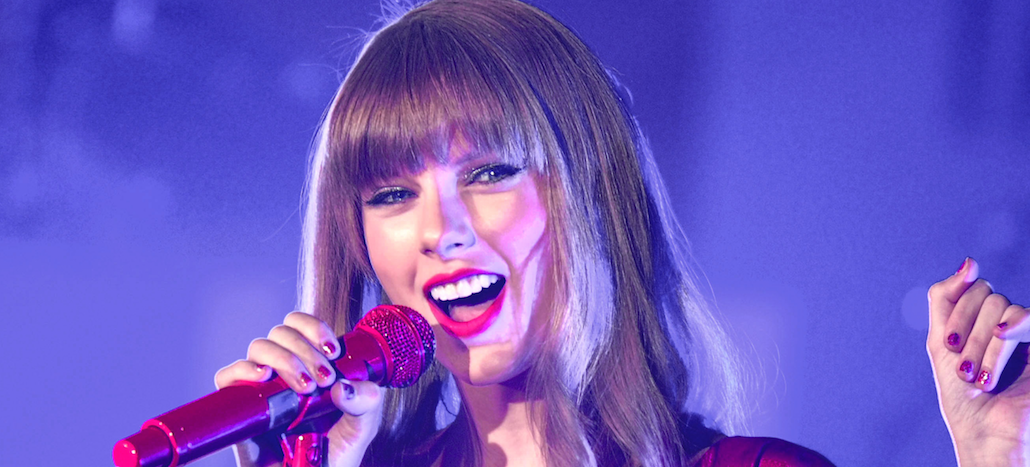
Taylor Swift rocked Apple to its core on Sunday.
The chart-topping artist posted a blistering open letter on her Tumblr account explaining why she wasn’t selling her recent album, “1989,” on Apple’s forthcoming streaming music service.
She slammed Apple for not paying artist royalties during the initial free three-month trial period for new users, calling it “shocking, disappointing, and completely unlike this historically progressive and generous company.” Last year, Swift pulled her music from Spotify over the meager amount of royalties it pays to artists.
Perhaps more surprising than the letter itself was the fact that it didn’t come off as particularly greedy, unlike her friends at Tidal who were labeled as such immediately after launch. It wasn’t about her, rather the new generation of singers and bands “that has just released their first single and will not be paid for its success.”
She added: “These are the echoed sentiments of every artist, writer and producer in my social circles who are afraid to speak up publicly because we admire and respect Apple so much.”
Her letter resonated. The tweet, which linked to her Tumblr letter, amassed 37,000 retweets and 61,000 faves. Her letter racked up 70,000 notes on Tumblr. Pressure started piling on from other artists, like Bleachers singer Jack Antonoff who retweeted the letter calling it “powerful and important.” Elvis Costello called it “a note from our future president”
About 20 hours after Swift posted the letter, the company changed course. Eddy Cue, Apple’s head of music, tweeted that it will pay artists during the free trial period.
We hear you @taylorswift13 and indie artists. Love, Apple
— Eddy Cue (@cue) June 22, 2015
In exchange for the lack of royalties during the free trial period, Apple was going to pay a rate of 71.5 percent of the money it collects from sales — 1.5 percent more than the industry average — once the pay period begins. (Unlike competitors, Apple doesn’t have a free subscription level.)
Music executives told the New York Times that they were concerned about the loss of income it would have to endure if a major album dropped during the free trial, thus losing out on a windfall of money.
That won’t be the case anymore.
Cue told Recode they will pay artists on a per-stream basis, but didn’t disclose how much. He did admit that Swift’s social media campaign did prompt the change.
“I did reach out to Taylor today, and talked to her, and let her know that we heard her concerns and wanted her to know that we were making changes,” Cue said about her phone conversation with Swift, adding that she was “thrilled to hear from them.”
It’s unclear if this will prompt Swift to upload “1989” to Apple Music when it launches June 30. Regardless, it was a victory for Swift:
I am elated and relieved. Thank you for your words of support today. They listened to us.
— Taylor Swift (@taylorswift13) June 22, 2015
Now if only Swift could tell Apple to get rid of the Tips app that clutters everyone’s home screens.
More in Marketing

WTF are tokens?
When someone sends a prompt or receives a response, the system breaks language into small segments. These fragments are tokens.

AI is changing how retailers select tech partners
The quick rise of artificial intelligence-powered tools has reshaped retailers’ process of selecting technology partners for anything from marketing to supply chain to merchandising.

YouTube’s upmarket TV push still runs on mid-funnel DNA
YouTube is balancing wanting to be premium TV, the short-form powerhouse and a creator economy engine all at once.





